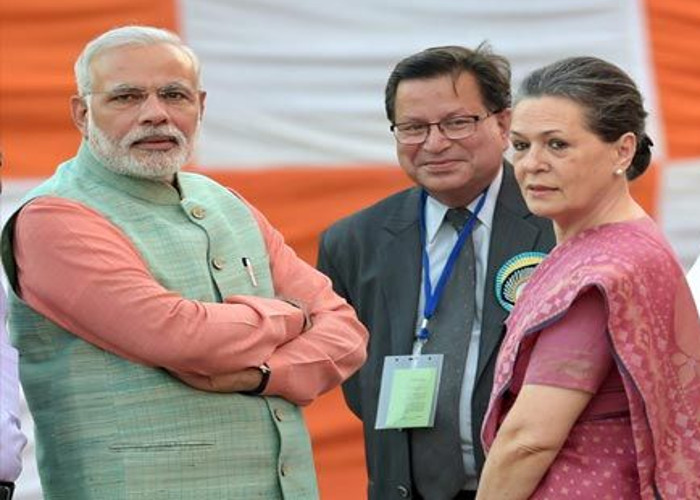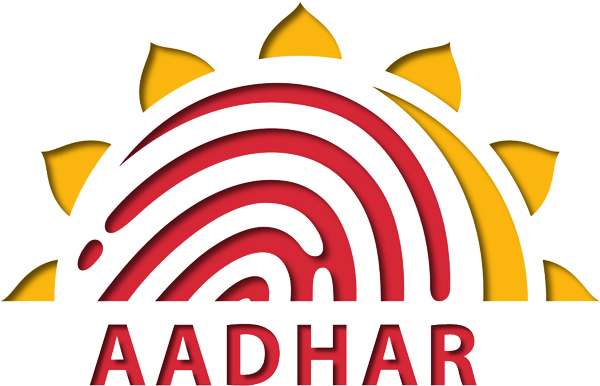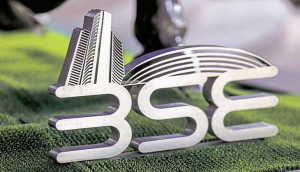
- There will be no sharing of Aadhar data without residents\' consent and no biometric data will be shared even with their consent, says Arun Jaitley.
- Did the government really need to introduce it as a money bill? Or is the Opposition correct about bypass tactics used to pass the Bill without scrutiny?
Finance Minister Arun Jaitley on Friday rose to the government's defence after the Aadhar Bill was passed in the Lok Sabha, as the Opposition condemned the move. The Opposition's main grouse was the introduction of the Bill as the 'Money Bill' which prevents it from being tabled in the Rajya Sabha for further scrutiny. Plus, the Congress had been seeking a standing committee inspection of the Bill, which was by-passed before it was cleared from the Lok Sabha.
Meanwhile, Finance Minister Arun Jaitley insisted that the Aadhar bill solely focused on the usage of government money for targeted subsidy. He rejected Congress' claims that it has been turned into a money bill to avoid voting in the Rajya Sabha, where the government does not have a majority.
The Bill seeks to provide for good governance, efficient, transparent, and targeted delivery of subsidies, benefits and services, the expenditure for which is incurred from the Consolidated Fund of India to individuals residing in India through assigning of unique identity numbers.
What Arun Jaitley said
Arun Jaitley said, "Discussion on the institution of Aadhar has been going on for over seven years after the then UPA government approved a bill in September, 2010 and introduced it in Parliament in December."
"The entire discussion of seven years has now culminated," he added.
He also said that the proposed law will help in targeting government subsidy at intended beneficiaries which will result in increased savings.
Jaitley informed the House that targeted subsidy through Aadhar cards of LPG consumers had resulted in over Rs 15,000 crore savings at the Centre.
"The substance of the Bill is that whoever gets subsidies, will have to produce Aadhaar," Jaitley concluded.
Opposition condemns 'bypass' methodology used to pass Aadhar Bill

File Photo
Meanwhile, BJD's B Mahtab expressed concern over the possible invasion of privacy if the Bill in its current form becomes a law. He sought that it be referred to a standing committee, saying the government should not rush.
Congress leader Mallikarjun Kharge and AIADMK leader P Venugopal supported Mahtab's demand, with the former saying that they were not against the Bill but against its flaws.
Former chairman of UIDAI, Nandan Nilekani had a rather ecstatic response and said, "I feel great that the Aadhar Bill has been passed."
What is a Money Bill?
- A Money Bill can only be introduced in the Lok Sabha.
The decision of the Speaker is final and cannot be challenged.
- Such a Bill cannot be referred to a joint committee of the two Houses. The government enjoys a majority in the Lok Sabha and has ensured passage of several key Bills in the House only to find these stuck in the Rajya Sabha, where it is in a minority.
What does the Bill entail?

File Photo
Read: Aadhar Bill passed in Lok Sabha despite protests; Opposition raises concern over invasion of privacy
- The Bill proposes imprisonment of up to 3 years and a fine of Rs 10,000, which will be Rs 1 lakh in the case of a company, for disclosing or sharing of the core biometric information.
- The Bill entails upon the Unique Identification Authority of India (UIDAI) to take all necessary steps to ensure the confidentiality of identity information by protecting it against access of disclosure or accidental and intentional damage.
The information will be stored in a centralised database of biometrics, the Central Identities Data Repository.
- The UIDAI will not only take all appropriate technical measures but also ensure that any agency it hires will follow these security measures.
The Bill proposes that no core biometric information will be shared with anyone for any reason whatsoever other than for generation and authentication of Aadhaar numbers.
- Identity information cannot be disclosed further, except with the prior consent of the individual.
The biometric information is considered electronic record and sensitive personal data or information.
- However, an officer not below the rank of a joint secretary, specially authorised for the purpose by the government, would order the disclosure of information in the interest of national security.
The UIDAI will manage the generation and authentication of Aadhaar numbers.







![BJP's Kapil Mishra recreates Shankar Mahadevan’s ‘Breathless’ song to highlight Delhi pollution [WATCH] BJP's Kapil Mishra recreates Shankar Mahadevan’s ‘Breathless’ song to highlight Delhi pollution [WATCH]](https://images.catchnews.com/upload/2022/11/03/kapil-mishra_240884_300x172.png)

![Anupam Kher shares pictures of his toned body on 67th birthday [MUST SEE] Anupam Kher shares pictures of his toned body on 67th birthday [MUST SEE]](https://images.catchnews.com/upload/2022/03/07/Anupam_kher_231145_300x172.jpg)


_in_Assams_Dibrugarh_(Photo_257977_1600x1200.jpg)



